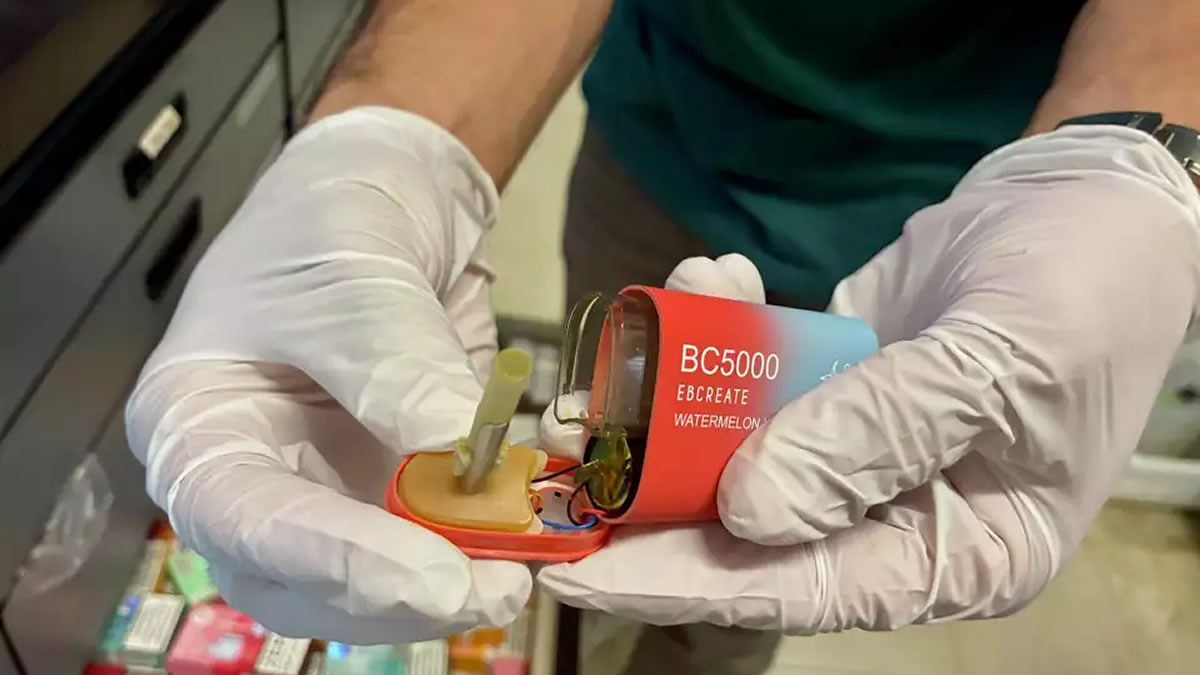Your cart is currently empty!

Disposable Vapes May Be More Toxic Than Cigarettes Regarding Heavy Metals
Some popular disposable e-cigarettes emit toxic heavy metals at levels that surpass those found in traditional cigarettes and older generations of vapes, according to a new study by researchers at the University of California, Davis. The findings, published in the journal ACS Central Science, highlight a significant and previously under-recognized risk associated with these widely used devices.
The study analyzed the aerosol emitted by seven devices from three popular disposable vape brands. Researchers found that a single day’s use of one disposable device could release more lead than nearly 20 packs of conventional cigarettes. They also identified hazardous concentrations of nickel and antimony – metals linked to cancer, nerve damage, and respiratory illness – in the aerosol. Four of the tested devices emitted nickel and lead at levels exceeding safety thresholds for neurological and respiratory damage, while two surpassed cancer risk limits due to their antimony content.
“Our study highlights the hidden risk of these new and popular disposable electronic cigarettes… which stresses the need for urgency in enforcement,” stated Brett Poulin, assistant professor of environmental toxicology at UC Davis and the study’s senior author.
Using a lab device to simulate 500 to 1,500 puffs per product, the researchers discovered that metal concentrations increased with use. Leaded bronze components and the degradation of the heating coils were identified as major sources of the contamination. “When I first saw the lead concentrations, they were so high I thought our instrument was broken,” said lead author Mark Salazar.
These products, often brightly colored and candy-flavored, are heavily marketed to teens and young adults despite being illegal for anyone under 21 in the U.S. While a 2020 FDA rule requires market authorization for e-cigarettes, many disposable vapes, often manufactured overseas, continue to flood the U.S. market through illicit channels. Public health officials are particularly alarmed by these findings, as adolescents are more susceptible to the neurotoxic effects of heavy metals, which can have long-term impacts on brain development. The researchers are calling for stronger enforcement of e-cigarette regulations and expanded study into these increasingly popular devices, noting that the market has vastly outpaced public health science.
by
Tags: